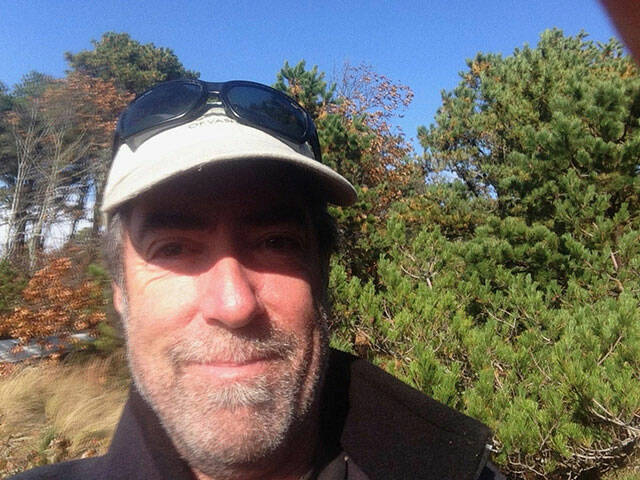Back in 1999, there was a fire in the Mont Blanc Tunnel, a highway tunnel connecting France and Italy. A semi-truck hauling flour and margarine caught fire and the driver was not aware of what was happening until he stopped almost halfway through the tunnel.
Smoke filled the tunnel, obscuring visibility and preventing drivers stuck behind the truck from seeing what was going on or from turning around to retreat to safety. The fire quickly spread and was soon out of control.
Panic ensued as drivers realized that they were trapped in the smoke-filled tunnel. Many abandoned their cars and fled on foot, but others — 39 — were not able to escape and perished inside the tunnel.
In 2021, we are also trapped, but this time, it’s in a slow-motion catastrophe. Unlike the drivers who could clearly see the fire and smoke in the tunnel, we have not been able to watch our disaster unfold. This disaster has taken decades to trap us, but it is accelerating.
Unlike every other time period in human history — from the stone age to pre-industrial times — humans have lived sustainably. Even the peoples who lived in the Americas and who hunted mastodons to extinction had other options of what to eat and how to survive. The only factor that affected the survivability of societies in the past was climate change or war.
But in the distant past, climate change was not anthropogenic. The Earth’s climate has been changing naturally ever since the Earth was formed more than four billion years ago. Our planet has constantly changed — though at a geologic pace.
Since the 1700s, the pace of the Earth’s climate evolution has picked up. Instead of changing over thousands — or hundreds of thousands of years — the Earth’s climate is changing in centuries and even decades.
When I was a kid in the 1960s and 1970s, I could walk from my house on Cape Cod into town along the beach at high tide. Now I can’t. I have to check the tide chart to see if I’ll have enough beach to walk around Cannon Hill without getting my shoes wet. This is decades, not millennia. I think that we’ve all noticed changes in climate in our own ways. We can’t turn on the news without hearing about recent extreme weather events or being informed that the past decade has been the “hottest on record.”
But we are trapped. Unlike the peoples of the distant past, we modern citizens of the planet are dependent on resources far beyond our control for our daily survival. We depend on others for our food, water, clothing, heat and transportation. We depend on a resource that we all know is finite and even destructive to our very planet, and yet we continue to live this unsustainable lifestyle. Why would we continue to do this?
Because we’re trapped. We have no viable alternative. We depend on our cars to get us to the grocery store where we buy food that has been grown on a farm far away using fossil fuels. We depend on the energy grid to provide us with electricity (made using fossil fuels) to heat our homes and run all of the machines that we’ve come to depend on in our modern lives. Why don’t we choose another way?
Because we’re trapped. Everywhere we turn we see a fragile and unsustainable infrastructure and lifestyle that is barreling toward a future of hotter summers, melting glaciers, more severe floods, fires and mega-storms.
I believe that we would all like to change this unfolding crisis. We would all like to be more like Greta Thunberg and commit ourselves to do every possible thing in our power to slow, stop and reverse climate change for which we are all responsible. Why don’t we?
Because we are trapped. We’re too busy living life, delivering kids to soccer practice, driving to the mountains to hike or ski, or flying to the east coast to spend Thanksgiving with family. We have to make dinner and see movies and go on vacation.
Some of us don’t even believe that the changes in our climate are caused by us, which makes it even more challenging to arrest the process.
We are trapped in our modern way of life, and like the drivers who perished in the Mont Blanc tunnel, we seem to have no way out. But unlike the doomed drivers in the tunnel, we know what’s happening. As they entered the tunnel on their way to a vacation in Italy, they had absolutely no idea what was up ahead. We do.
Is there a chance that we can avoid this looming crisis of global climate change before it’s too late? Before fires and droughts, floods and storms prevent humans from growing enough food and providing ourselves with the things we need to survive?
Are we willing to simplify our lives and to actually do everything in our power — from not buying a new SUV, reducing our consumption, avoiding single-use plastics, or staying home instead of driving to the mountains —to slow and possibly avert disaster?
If you were able to pose this same question to those who drove into that tunnel, I think that every one of them would have said yes.
— Scott Durkee is a freelance factotum, artist and winemaker. He lives on Maury Island.



